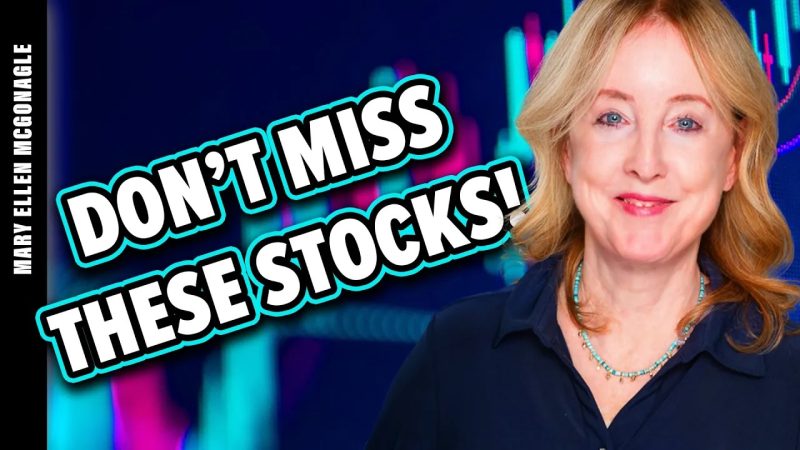Stock markets have always been a place of great intrigue, with opportunities for both profit and loss lurking around every corner. Investors are constantly on the lookout for stocks that are poised to make significant moves in the market – enter GameStop Corp. (GME) and AMC Entertainment Holdings, Inc. (AMC), two companies that have recently captured the attention of Wall Street and retail investors alike.
GameStop is a video game retailer that has been around for decades, but in January 2021, it became the center of a massive short squeeze orchestrated by retail traders on the Reddit forum WallStreetBets. The stock skyrocketed from less than $20 to well over $300 in a matter of days, causing hedge funds that were betting against the stock to incur massive losses. This unexpected turn of events brought the power of retail investors to the forefront, challenging the traditional dynamics of the stock market and garnering mainstream media attention.
On the other hand, AMC Entertainment has been facing challenges due to the COVID-19 pandemic, which resulted in temporary closures of its theaters and a significant drop in revenue. The company was in a precarious financial situation, with its stock price plummeting to alarming lows. However, a group of retail investors saw an opportunity to band together and rally behind the struggling movie theater chain. Through massive buying efforts and social media campaigns, they managed to drive the stock price to levels that defied market expectations.
The surges in the stock prices of GameStop and AMC have underscored the power of collective action and the influence of retail investors in the stock market. These events have highlighted the potential for retail investors to disrupt traditional market dynamics and challenge the status quo. As a result, both companies have garnered significant attention from investors, analysts, and regulators alike.
While the market frenzy surrounding GameStop and AMC may have subsided, the implications of these events are far-reaching. Retail investors have demonstrated their ability to coordinate and influence stock prices, forcing institutional investors to take notice. This shift in power dynamics has the potential to reshape the future of stock trading and investment strategies, as retail investors continue to seek out opportunities to challenge established norms and create new market trends.
As the dust settles and the markets return to relative calm, it is clear that the rise of GameStop and AMC is just the beginning of a larger movement in the stock market. Retail investors are becoming increasingly organized and vocal, leveraging social media and online forums to coordinate their efforts and drive stock prices in unexpected directions. This newfound power has the potential to create waves in the financial industry and reshape the way investment decisions are made.
In conclusion, the stories of GameStop and AMC have captivated the investing world, shedding light on the evolving landscape of the stock market and the increasing influence of retail investors. These stocks have become symbols of a larger movement that is challenging traditional market dynamics and paving the way for a new era of stock trading. As investors navigate this changing landscape, it is essential to stay informed, adapt to new trends, and remain vigilant in the face of market volatility. The rise of GameStop and AMC is a reminder that in the world of investing, anything is possible, and opportunities for growth and change are always on the horizon.
